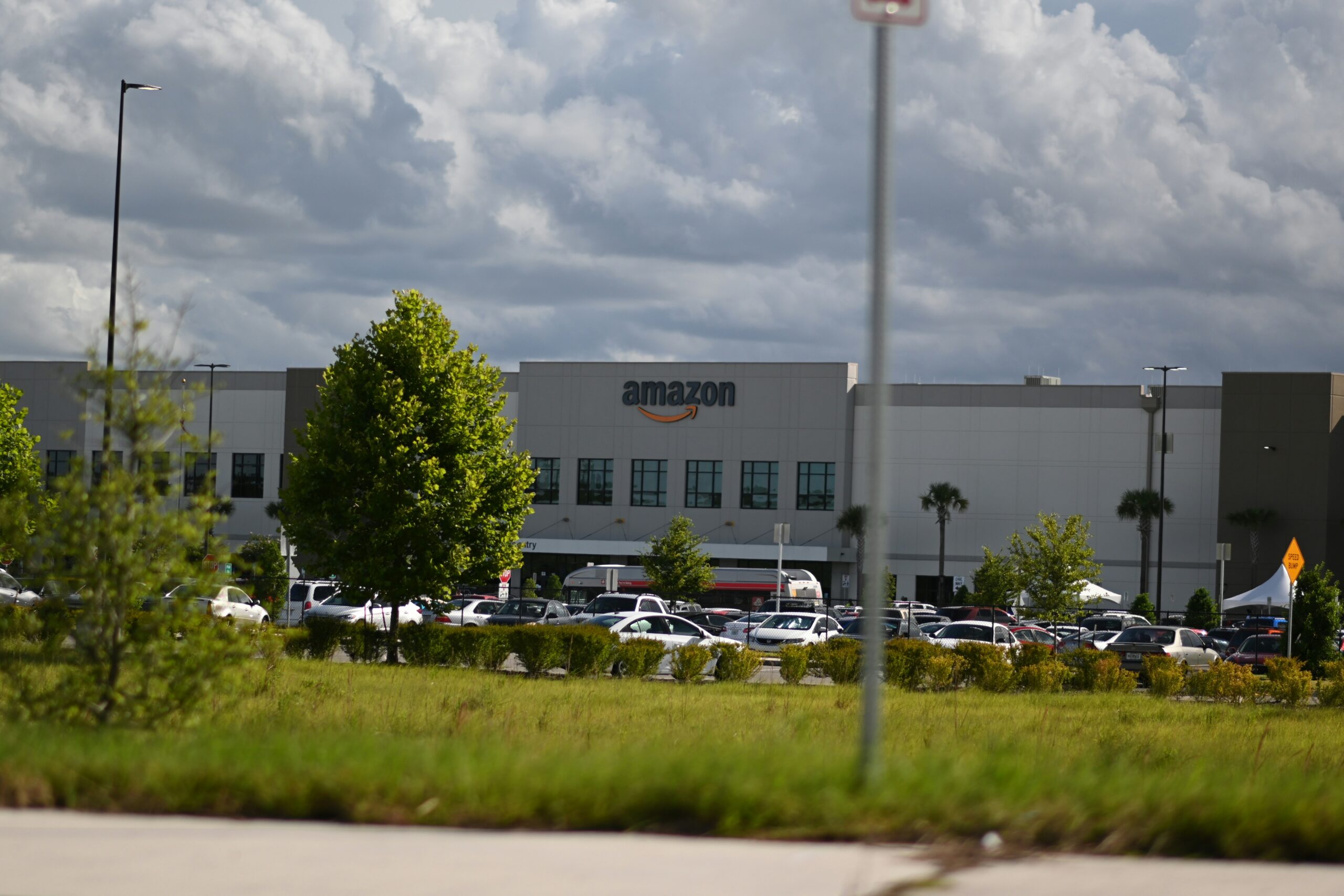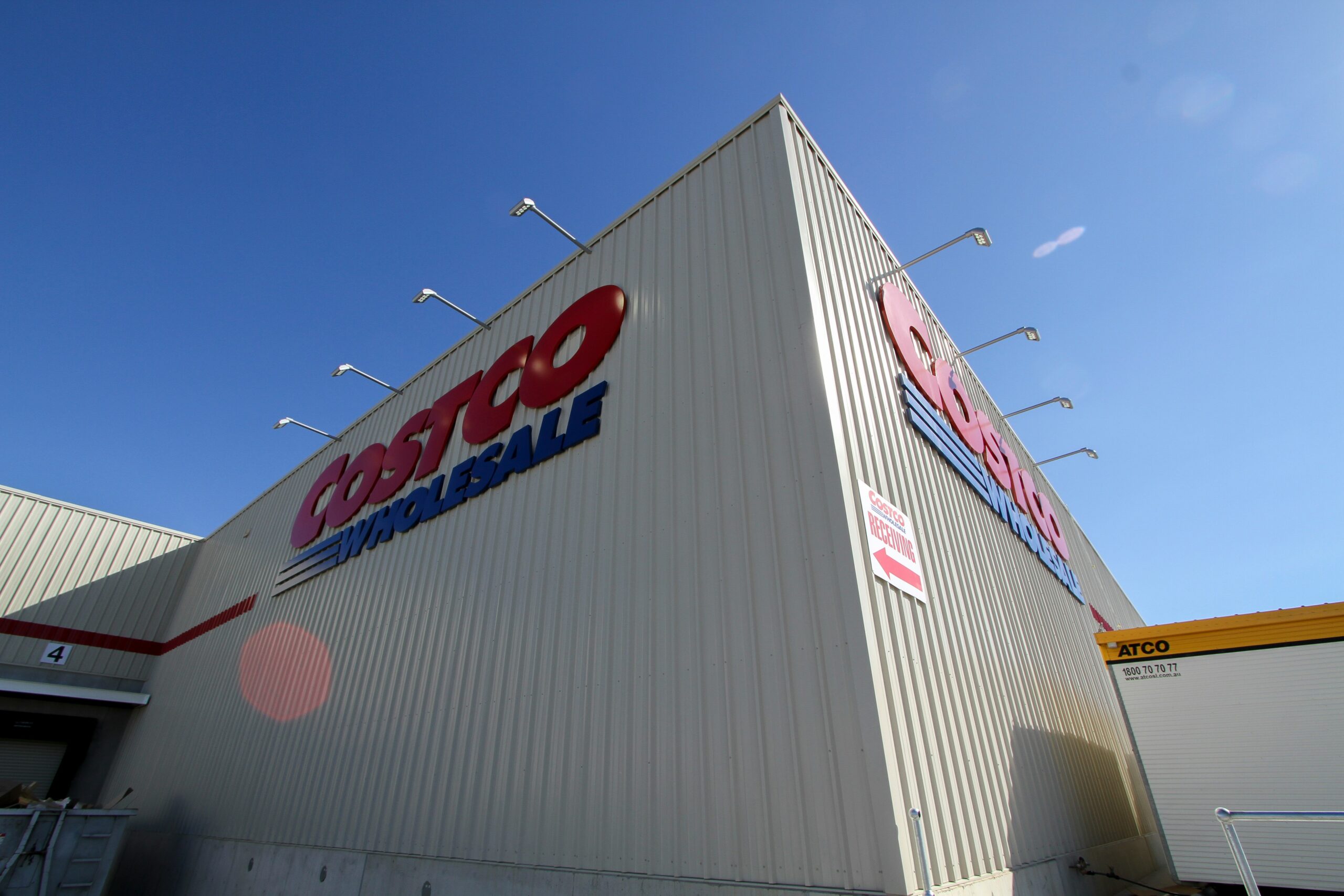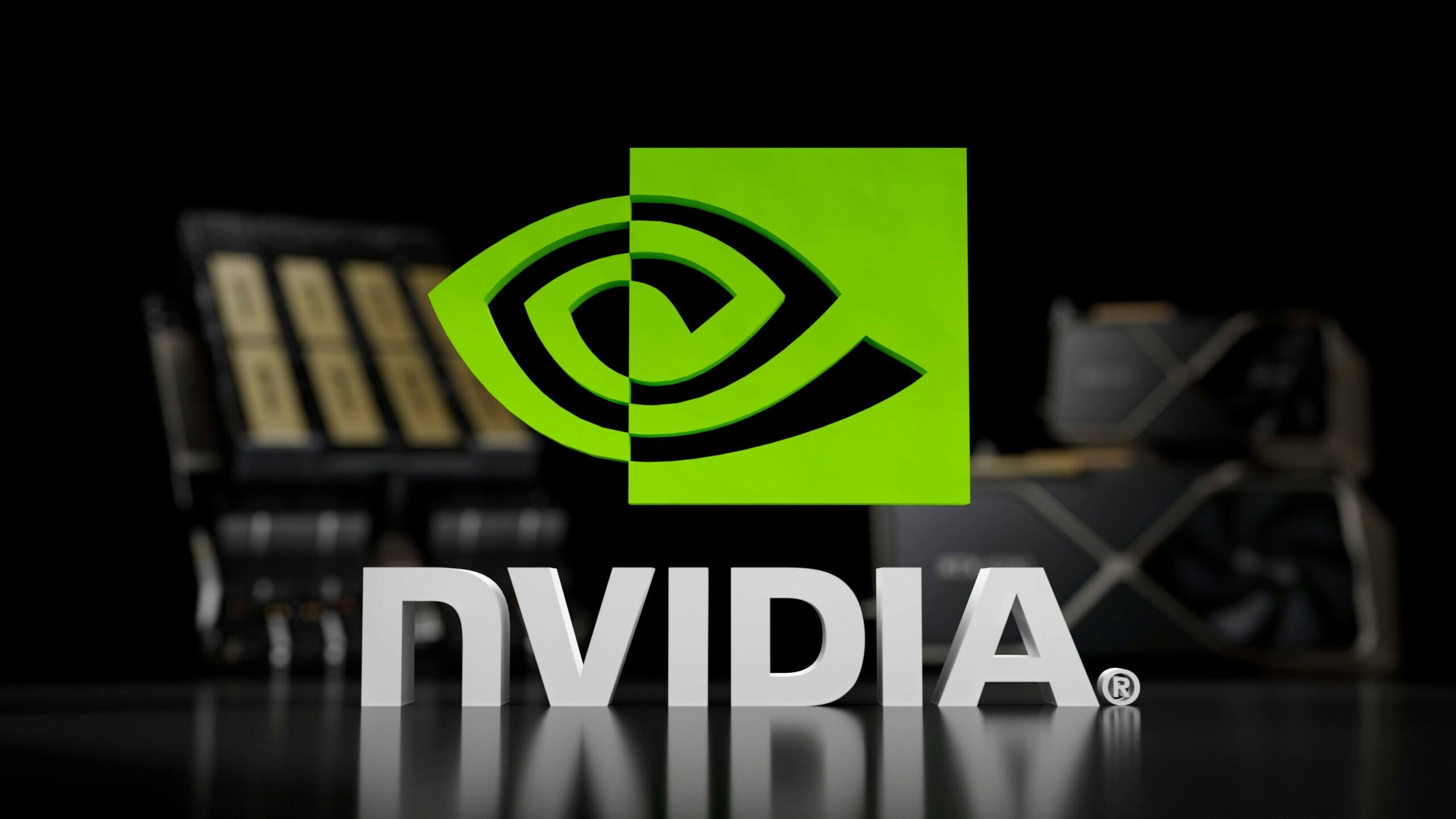Image credit: Unsplash
When you land on a fantastic business idea, it’s easy to get carried away, romanticizing the future and over-simplifying the path to get there — especially if you have no business experience. You don’t want to wait; you’re invigorated and full of energy and ambition, so much so that you want to run straight out and begin.
But believe it or not, as crucial as that initial spark of excitement is, it is not what will build your business. There are going to be arduous, painfully slow-moving days where the memory of that spark is what keeps you going, but businesses are not built on the back of fleeting excitement; businesses are built on the back of years of hard work and steadfast commitment.
This is doubly true when talking about small businesses. Although your company is dealing with a smaller literal amount of money, it’s almost certainly money that means much more to you. It’s yours, or an investment from someone close to you or from the bank that you had to work hard for; not some corporation’s money to play with, but money that holds profound meaning and importance to you. As such, the stakes are higher for small businesses than their name might imply.
Small business owners need to upskill in various areas – marketing and sales, accounting, branding, and customer experience — but others are more unique to product businesses. Here are five crucial lessons that could benefit other product entrepreneurs.
Test Before Production
Always remember how critical it is to test a prototype before mass production. Differences in color and material can be stark between a digital render and the final product.
A minor design change can also affect usability significantly. It can be tempting to skip this step, saving precious revenue by going straight to a full product run but failing first to develop a pre-production sample prototype can be costly.
Hands-on testing to make last-minute tweaks ensures the final product meets expectations and reduces the risk of unsellable stock.
Engage With Customers to Build Brand Advocacy
Customer feedback is invaluable. The importance of staying connected with your customers is immense, especially given how vital good word-of-mouth is in the digital age, where reviews can travel at the speed of light. This proactive approach can help maintain your brand’s reputation for premium quality.
Keeping your ear to the ground and providing avenues for customers to give feedback quickly helps identify and resolve issues before they escalate.
Plan Logistics Early
Effective logistics planning is crucial for product businesses as storage, packing, transport, and shipping become your world.
Proper logistics planning saves time and money, enhancing overall efficiency. Choose a warehouse close to your packing area, ensure a suitable vehicle and home storage at home, and triple-check if your packaging dimensions are accurate.
Anticipate Criticism
It’s essential to evaluate your ideas from all angles critically. Sometimes, business owners can be so laser-focused that they forget to stress test ideas and consider how they could be misconstrued.
Considering how your ideas might be received, especially by skeptics, helps avoid potential reputational damage.
Monitor Financial Timing
Successful sales sometimes equate to financial health. The timeframes of money from sales coming in, in context with the overheads and expenses going out, determine whether you are slowly going backward or getting ahead.
Understanding the timing of cash flow relative to expenses is vital. Product business owners need to grasp financial metrics and their implications. Regularly reviewing financials to evaluate what needs to change will ensure profitability.
Through these experiences, you will gain immense respect for other product entrepreneurs and appreciate the resilience and conviction you need to overcome the inevitable unpredicted curve balls.















































































































































